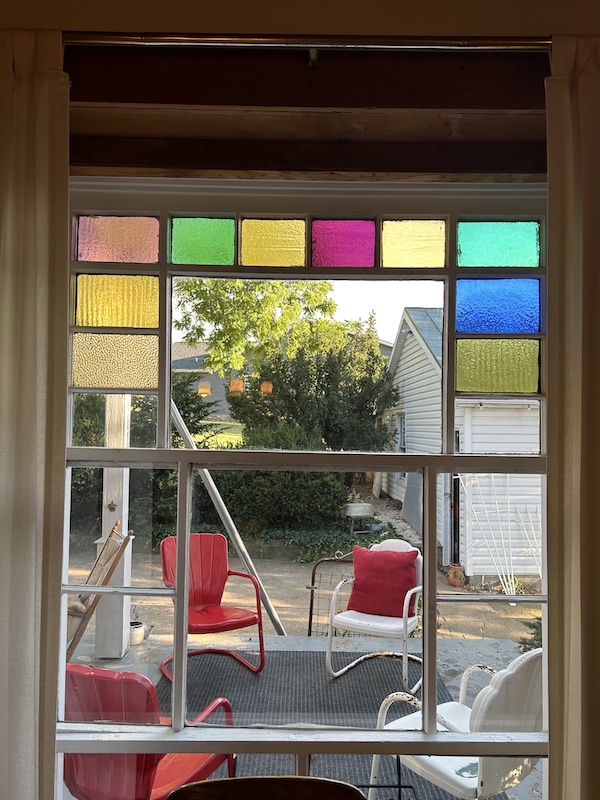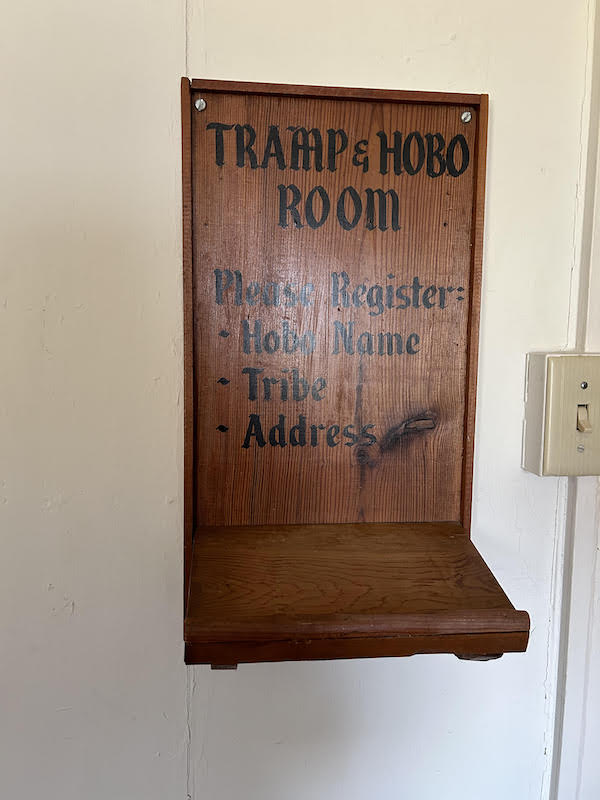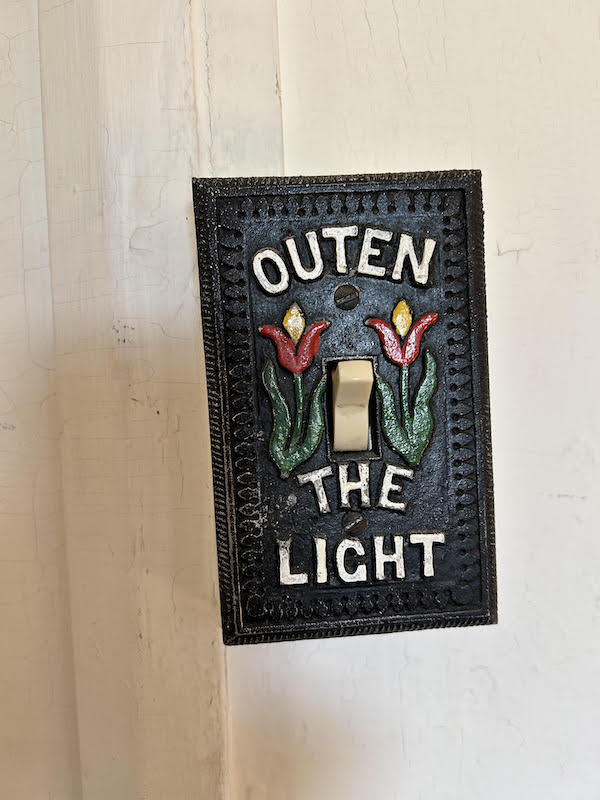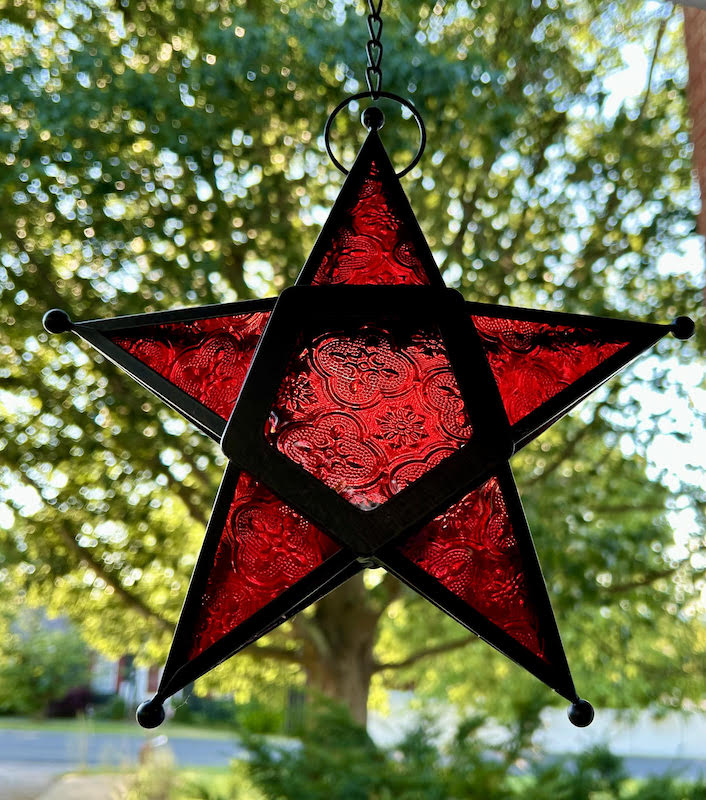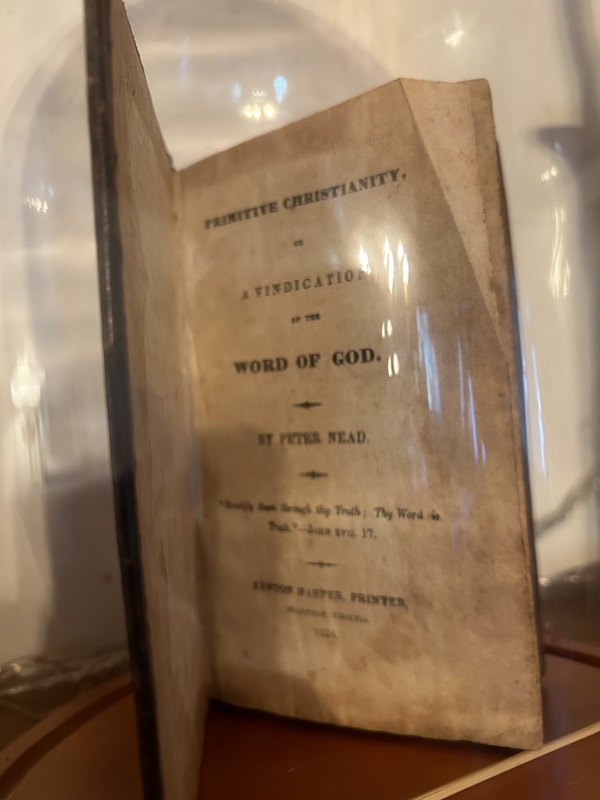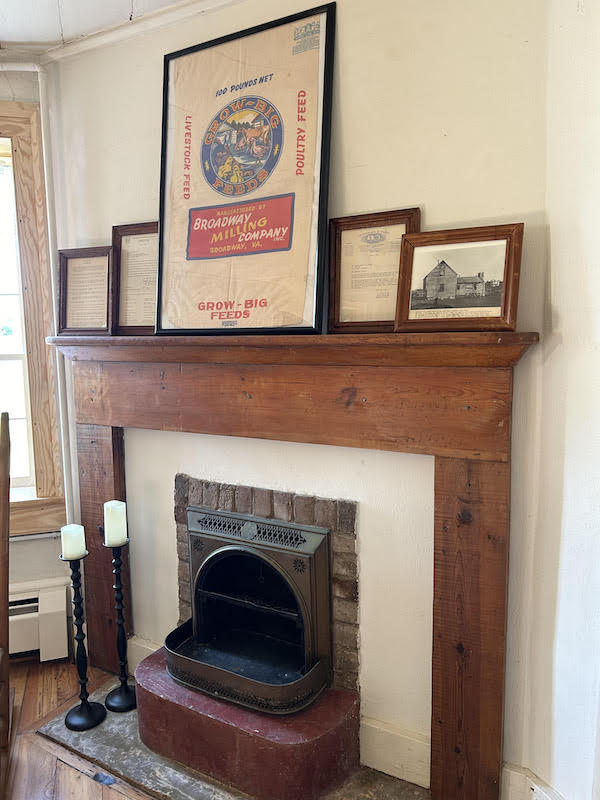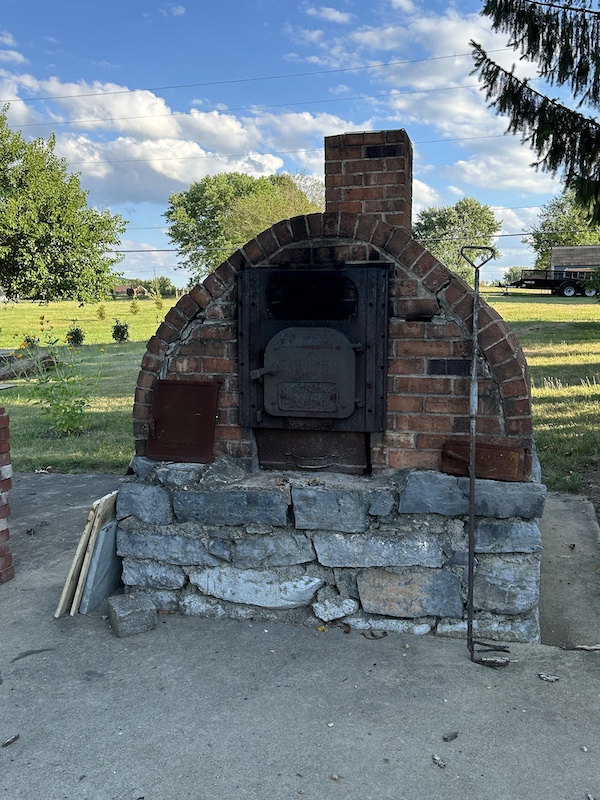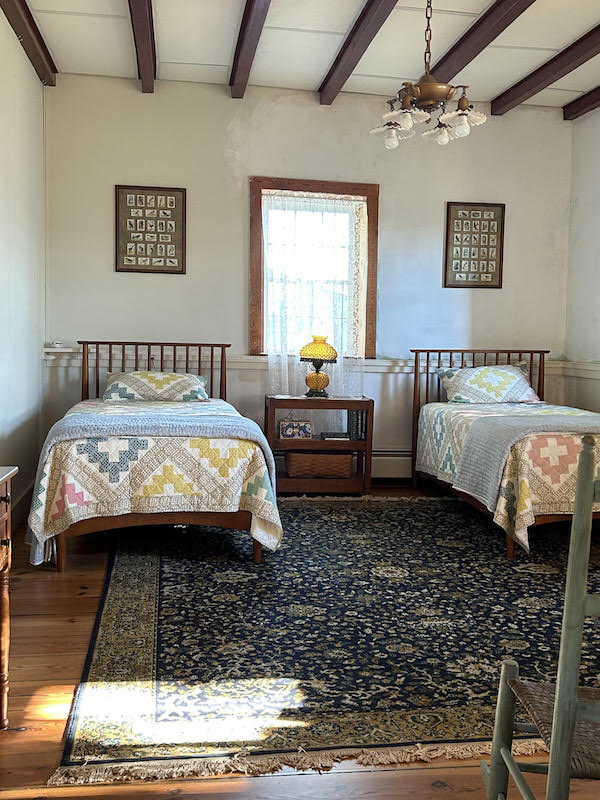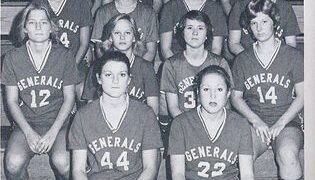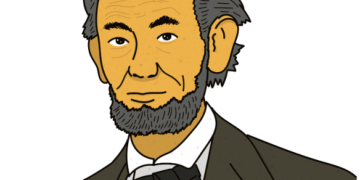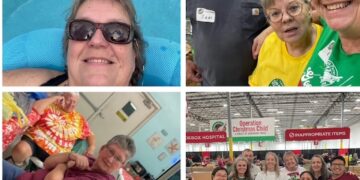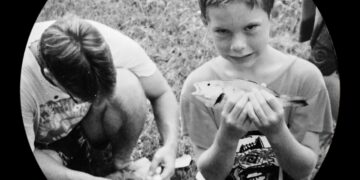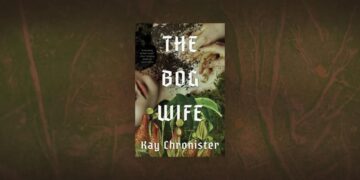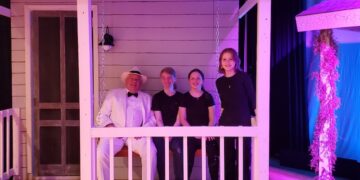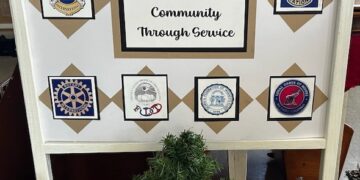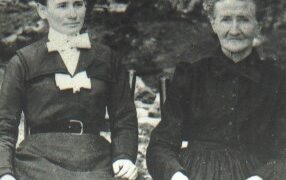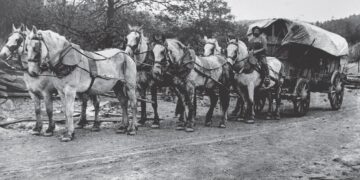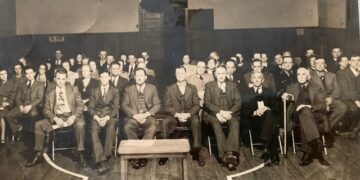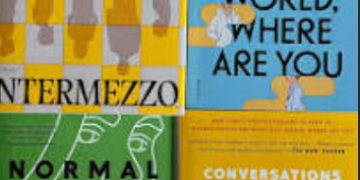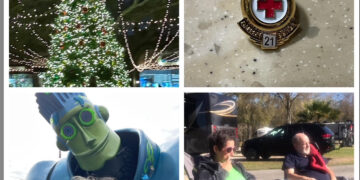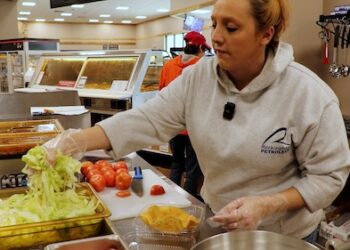History is coming alive in Broadway! Town residents Michael and Cynthia Noble have spent the past two years renovating, refurbishing, repairing, and restoring our town’s oldest structure, the Tunker House.
The Tunker House is a treasure trove of history, and the Nobles have been diligent in their efforts to preserve this important part of our past. From the carefully preserved wooden floors to the original windows, the house is a true journey back in time.
Eighteen years after the Revolutionary War, Rudolph, and Frances Schaffer Yount moved their family to Rockingham County. They came from York County, Pennsylvania, and bought two hundred and ninety-nine acres along Linville Creek.
According to the National Register of Historic Places, the house was built in several sections. The brick part of the ell is the oldest –built by Benjamin and Barbara Yount around 1798. The main block was added between 1802 and 1806, and in the 1830s, the house was raised to a full two-story brick structure.
In the early 1800s and beyond, congregations often met in private homes for their worship services. The Tunker House was no exception. In fact, the house was built with a meeting place in mind. The hinged partitions on the first floor can be raised and fastened to the ceiling to divide the larger room into smaller sections. The Tunker Brethren met at the house for thirty years.
Information on the National Archives website suggests that the women may have sat on one side of the house and the men on the other. The rear of the house was used to prepare meals—to feed the Brethren during their regular meetings. The Tunker house also hosted Love Feasts and at least one Annual Meeting.
On December 20, 1825, Peter Nead and Elizabeth Yount were married in the Worship Room. Peter Nead was an essential leader in the early Church of the Brethren. Information in the National Registry says that 1833, while living in the house, he wrote Primitive Christianity, the first printed theology in English for the Brethren. “Nead’s Theology,” as it was sometimes called, was an instant success and led to “increased conversions into the church.” Recently, a relative of Nead gave the Nobles a copy of the book. It’s on display on the central fireplace mantle in what was once the Worship Room.
In 1839, Nead sold the property to Samuel Yount and began a series of moves until he settled near Dayton, Ohio. The Tunker House passed through several ownerships until the Zigler family bought it in 1858. The Ziglers owned it for ninety years.
Between 1968 and 1971, its new owners, Samuel, and Pauline Lindsay, worked on restoring the Tunker House. Mr. Lindsay named the rooms for people who lived in or visited the place. The John Kline room honored Rev. John Kline, a prominent Brethren minister at the time. The Zigler room was named in memory of Rev. M.R. Zigler, who was born there and known as the “Man of Peace of the Church of the Brethren.” In 1839 Peter Nead built a special room for folks passing through the area. According to Noble, Nead felt keeping the travelers inside the house was safer than allowing them to stay in the barn. “The fires the people built would have threatened the barn.”
Jean Lindsay lived in the Tunker house until she died in 2021. In 2022, Michael and Cynthia Nobel purchased the place. They are updating the house and taking great care to preserve its historic roots. The Nobles are excited to announce that an even wider audience can soon enjoy it. They will open the Tunker House as an Air B & B the second week in November – just in time for the holidays!
